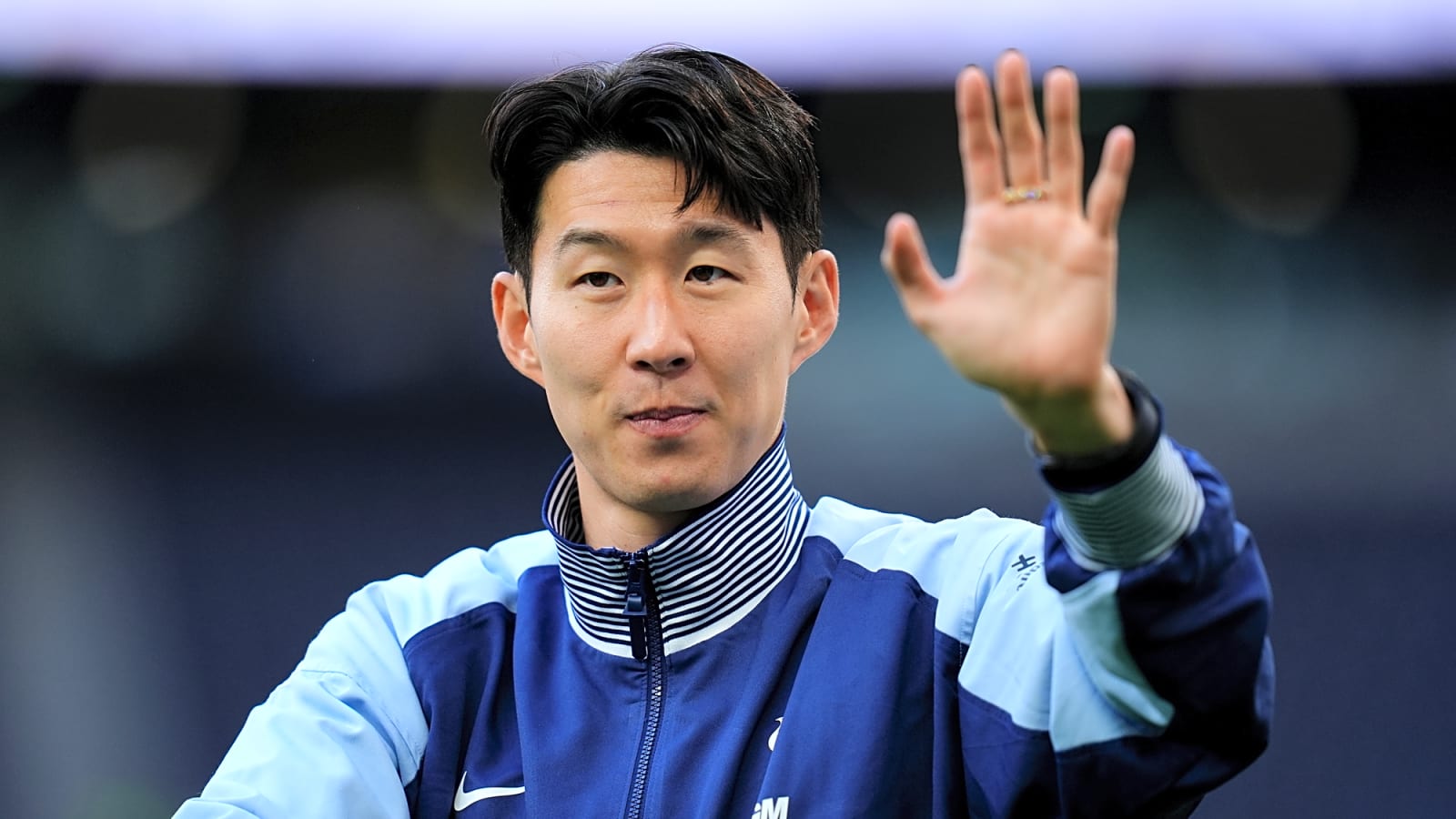
In today’s rapidly evolving world of football, Tottenham Hotspur’s pursuit of excellence has begun to emphasize not only physical prowess but also psychological fortitude. With matches often decided by split-second decisions and intense tactical battles, the mental strength of players can be just as crucial as their fitness levels. As the club seeks to remain competitive in the Premier League, integrating cognitive resilience into rigorous training regimes has become an essential component of success. This new approach to player development recognizes that staying mentally sharp—especially under pressure—can be the defining factor between sustained excellence and a fleeting performance.
The Rise of Mental Fitness in Modern Football
Over the past decade, a paradigm shift has taken hold in elite sports, with clubs worldwide acknowledging that traditional physical drills alone cannot guarantee victory. Today, many top-tier teams, including Spurs, are embedding psychological training into their daily routines. Modern coaching staff work alongside sports psychologists to incorporate mindfulness exercises, visualization techniques, and stress-management practices into every training session. These methods help players manage anxiety, recover more efficiently from setbacks, and sharpen their focus on the field. The evolution of mental fitness has been gradual but unmistakable, aligning with a broader understanding that resilience off the pitch is integral to performance on it.
For example, an increasing number of Spurs players now blend their physical routines with off-pitch activities that support peak performance. These activities might include puzzles, strategy games, or digital apps designed to exercise cognitive functions, offering a refreshing counterbalance to intense physical exertion. Not only do such practices help in relieving match-day stress, but they also enhance concentration and decision-making skills, ensuring that players are as mentally agile as they are physically fit.
Mental Training In Practice: Spurs Setting an Example
The emphasis on mental conditioning is now evident in the daily practices of many Spurs training sessions. Sessions specifically dedicated to building mental toughness—through techniques like guided visualization and controlled breathing—have become a regular feature. These sessions aim to prepare players for the psychological rigors of competitive football where pressure and expectation can often cloud judgment. The commitment to mental training is more than a passing trend; it has rapidly become a strategic priority for the club.
Supporting this shift, a comprehensive review in Mind’s Mental Health in Elite Sport Report 2022 highlights that athletes who incorporate structured mental exercises into their training regimens experience notable improvements in focus and recovery. The report underscores that mental conditioning not only reduces stress but also contributes to faster recuperation after highly demanding physical encounters. Such findings lend credence to Tottenham’s forward-thinking approach, demonstrating that a well-trained mind is as crucial as a well-trained body in the quest for excellence.
Integrative Strategies for Game Day: Mental and Physical Synergy
When game day arrives, the fusion of mental preparedness and physical skill can be seen in every decisive moment on the pitch. Tottenham’s coaching staff has designed drills that simulate critical in-game scenarios, forcing players to confront and overcome pressure in a controlled setting. These exercises emphasize calm under fire, encouraging players to trust their instincts and stick to tactical plans even when the game’s tempo accelerates unexpectedly.
Empirical research has laid a solid foundation for these practices. For instance, a recent BMJ Open Sport & Exercise Medicine article details how targeted mental drills can improve a player’s cognitive processing and decision-making speed during high-pressure situations. By merging these academic insights with practical, on-field exercises, Spurs are creating a holistic training model that ensures the mental and physical aspects of the game work in tandem—a synergy that often proves decisive in tight matches.
The benefits of this integrated approach are clearly visible in individual performances as well. The dynamic play of Son Heung-min, for instance, exemplifies how mental acuity complements physical agility. His calmness under pressure and rapid decision-making have often been cited as key factors behind his standout performances. Detailed analyses, such as those found in Son Heung-min backed prove fitness ahead of Europa League final, illustrate that rigorous cognitive preparation goes hand in hand with the technical finesse that has become his trademark on the pitch. Such individual success stories reinforce the club’s belief that the mind and body must be cultivated together.
The Broader Impact: Mental Resilience Off the Field
While the direct benefits of mental fitness are most evident during matches, the impact of these practices extends far beyond game time. Off the pitch, a strong mental framework helps players cope with the demanding pressures of celebrity status, media scrutiny, and the persistent expectations of fans and management alike. The structured integration of psychological training into daily life creates a support system that aids not only in athletic performance but also in personal development.
Many Spurs players engage in regular mindfulness sessions, group workshops, and one-on-one consultations with mental conditioning experts. These initiatives help build a culture of openness and resilience, where setbacks become lessons and pressure transforms into motivation. In fostering an environment that values both mental and physical well-being, Tottenham is not only investing in current performance levels but also in the long-term health and career longevity of its squad. This holistic approach is setting a new standard in football, where the legacy of a player is measured by the strength of both their mind and their body.
Looking Forward: A New Era for Spurs
As Tottenham Hotspur continues to innovate and refine its training methodologies, the integration of mental fitness is poised to become a defining element of the club’s future success. By embracing a model that values psychological resilience as much as physical conditioning, Spurs are paving the way for a generation of players who are equipped to handle the multifaceted challenges of modern football. This commitment to a balanced training regimen not only unlocks potential during high-stakes matches but also helps secure a competitive edge in an increasingly demanding sport.
The merger of mind and muscle is more than a modern innovation; it is a critical evolution in how success is defined on the football pitch. As other teams begin to follow Tottenham’s lead, the impact of mental fitness on long-term performance and team cohesion will undoubtedly reshape the future of training across the league. In a sport where every fraction of a second counts, the strength of a player’s mental game may well be the ultimate differentiator between glory and missed opportunities.
More Tottenham Hotspur News
More must-reads:
- Jets' Breece Hall makes feelings about Steelers' Aaron Rodgers clear
- Lakers sign son of Hall of Famer
- The 'NBA all-time scoring leaders' quiz
Breaking News
Trending News
Customize Your Newsletter
 +
+
Get the latest news and rumors, customized to your favorite sports and teams. Emailed daily. Always free!








